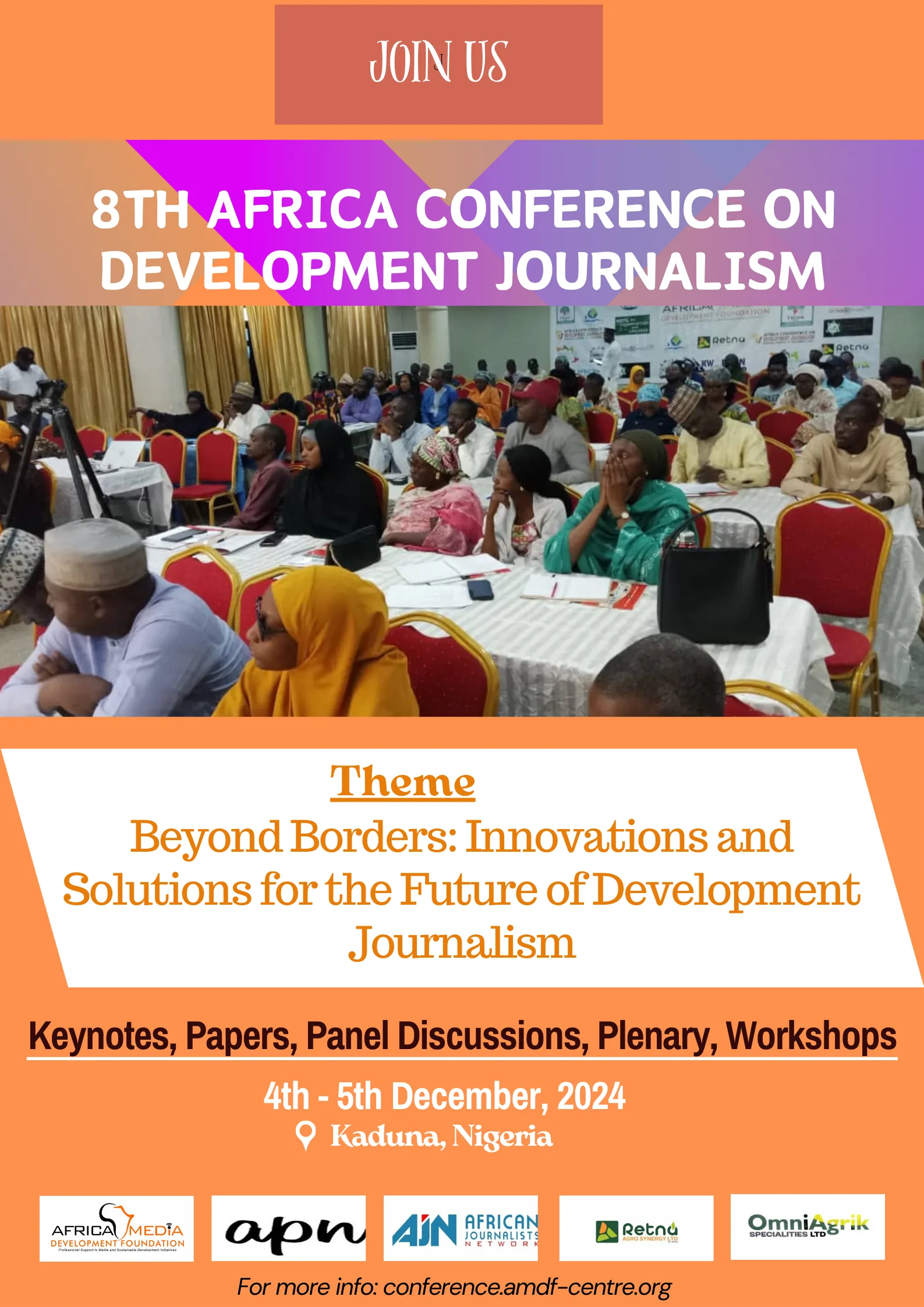 The National Assembly has been called upon to put into law a policy that will make it mandatory for every community in Nigeria to have a health facility that has a midwife or qualified medical personnel so as to ensure the safe delivery of pregnant women.
The National Assembly has been called upon to put into law a policy that will make it mandatory for every community in Nigeria to have a health facility that has a midwife or qualified medical personnel so as to ensure the safe delivery of pregnant women.
The Media Associate, United Nations Population Fund (UNFPA), Kory Habib made the call in Keffi, Nasarawa State in her address at a two-day training workshop on Reporting Trending and Development Journalism organized by the International Society of Media in Public Health (ISMPH).
Mrs Habib lamented that most women die in the rural communities in particular during delivery because health facilities are either not available or are far too away from the urban cities.
She added that the traditional institutions also have a great role to play in saving life’s by advocating for men to ensure that their wives attend ante-natal clinics during pregnancy to avoid complications.
Mrs Habib encouraged husbands to form little cooperatives, so that they use part of their savings to visit health facilities, so that during delivery, the mother and the baby will be delivered safely.
The Media Associate, disclosed that the training workshop was organized to create a partnership with media practitioners to put up adequate reportage on how best to save mothers lives.
According to her, UNFPA strongly advocates for women to attend ante-natal clinic, as well as deliver in hospital for safe delivery while men should partner with their wives to ensure safe delivery and be sympathetic to their situation particularly during pregnancy.
Mrs Habib disabused the minds of some Nigerians that have the belief that family planning was an attempt to reduce population, but rather said it is meant to a family give intervals between their births.
A Resource person at the workshop, Mr. IIiya Kure, an International journalist and Media Specialist urged the media to be more involved in developmental, involving, persuasive and informative journalism and embark on visits to rural communities to highlight and report their plights so as to attract the attention of government and non governmental organizations.
According to him, most times, Nigerian journalists pay more attention in reporting government and political activities at the detriment of reporting issues that affect humanity, which at the end of the day, had affected the growth and development of the country.
Mr Kure whose paper was tilted Development Journalism, disclosed that by 2030, seventy percent of Nigerians will be living in the cities, which posses lots of dangers to the country as it would overstretch the existing facilities.
Another Resource person, Mrs Jane Afolabi , the Publisher of Scroll Report, an online publication who spoke on Generating Story Ideas and Pitching Stories highlighted various ways of sourcing for news but stressed the need to be objective and not be subjective in the discharge of their duties.
Mrs Afolabi said the journalism profession is facing a great challenge and threat more so in terms of non payment of salaries as at when due and therefore appealed to employers of the media to be more responsive and pay media workers adequately.
